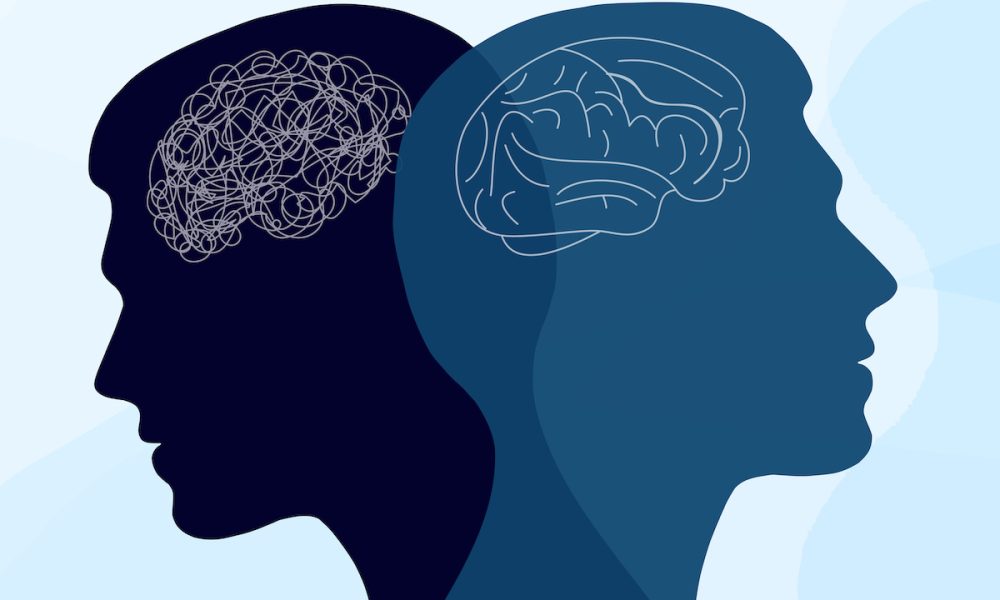
By Patrick Litani, Chief Operating Officer, The London Neurocognitive Clinic
When a person has suffered a brain injury or been given a diagnosis of a life changing neurological condition it is understandable to feel strong and often devastating emotions.
These emotions may be extremely hard for the person themselves and their families and friends to cope with.
It is the job of a Clinical Psychologist to offer assessment, formulation and treatment in the form of talking therapy.
If you are seeking to find a qualified Clinical Psychologist to work with yourself, your family member or a client (if you are a case manager, for example), you can be reassured that this is a protected title, regulated by the Health and Care Professions Council (HCPC).
It is very easy to check if a professional is registered with the HCPC at https://www.hcpc-uk.org.
You will notice that people with the title of Clinical Psychologist can also be registered under the umbrella of ‘Practitioner Psychologist’, which includes clinical, counselling, educational, forensic, health and occupational psychology.
As long as the professional appears on the register as a Clinical Psychologist or Practitioner Psychologist, they are regulated by the HCPC. This means that they have been deemed to have undergone the relevant training to practice in this area.
As part of registering with the HCPC, Clinical Psychologists or Practitioner Psychologists are required to practice within the scope of their competencies.
Training routes into Clinical Psychology may differ (for example, depending on the country in which the person has trained, or the opportunities offered to each individual during training).
Some people training in Clinical Psychology may seek out specialist training opportunities in neuropsychology: a field that explores the relationship between the brain and behaviour, particularly focusing on how brain structures and functions influence cognitive, emotional and behavioural processes.
This specialist training may be placements in neuropsychology departments (e.g., in the NHS), and or it could be a PG Diploma or MSc course in Clinical or Applied Neuropsychology, currently offered at The University of Bristol, The University of Glasgow, Canterbury Christ Church University as well as University College London (specifically for paediatric neuropsychology).
These individuals have gained extra competencies in working as Clinical Psychologists with people who have suffered a brain injury or been given a diagnosis of a life changing neurological condition such as neuropsychological assessments and neurorehabilitation.
It is considered best practice for Clinical Psychologists to have ongoing supervision with another Clinical Psychologist with similar or additional competencies in the area in which they are practicing, to guide their clinical practice further.
All Clinical Psychologists are legally bound to only work and advertise work within the realm of their individual competencies.
However, to check their specific experience and qualifications, you may wish to ask for a copy of their CV and or have a conversation with the Clinical Psychologist you are considering working with or instructing work from.
It may be a daunting journey trying to find a Clinical Psychologist whose job is to understand and support with your life or the life of someone your care about or for.
When it comes to brain injury or neurological conditions, we at The London Neurocognitive Clinic strive to partner you or the person you care about or for with highly qualified and competent Clinical Psychologists specialising in neuropsychology.
Please contact us on enquiries@thelondonneurocognitiveclinic.co.uk to discuss your needs and how we can hopefully help.








